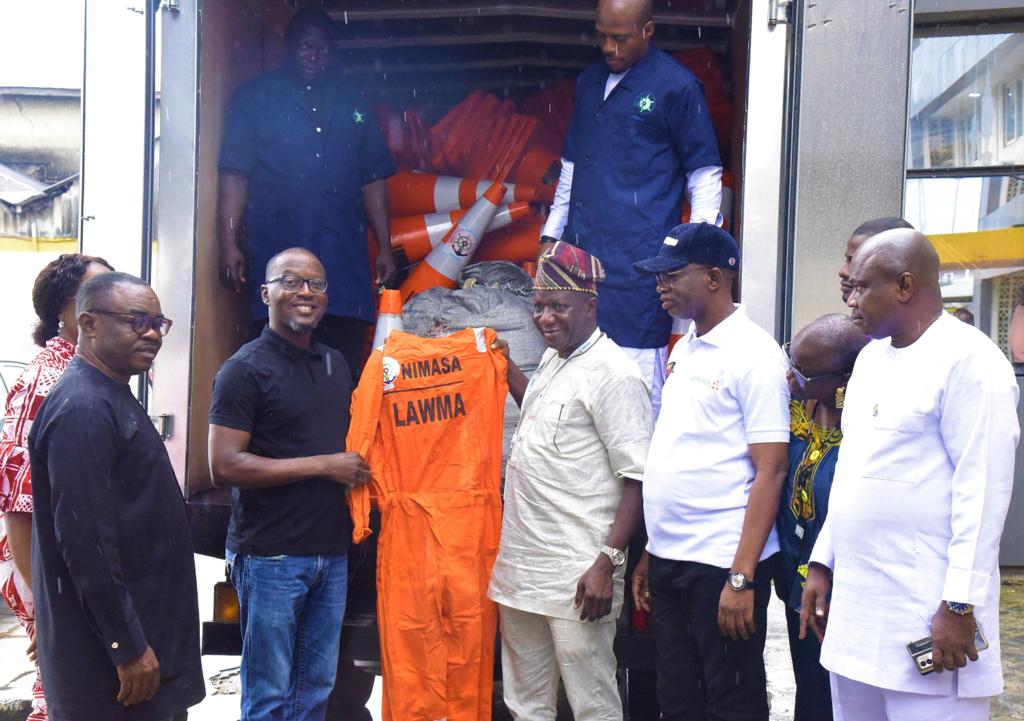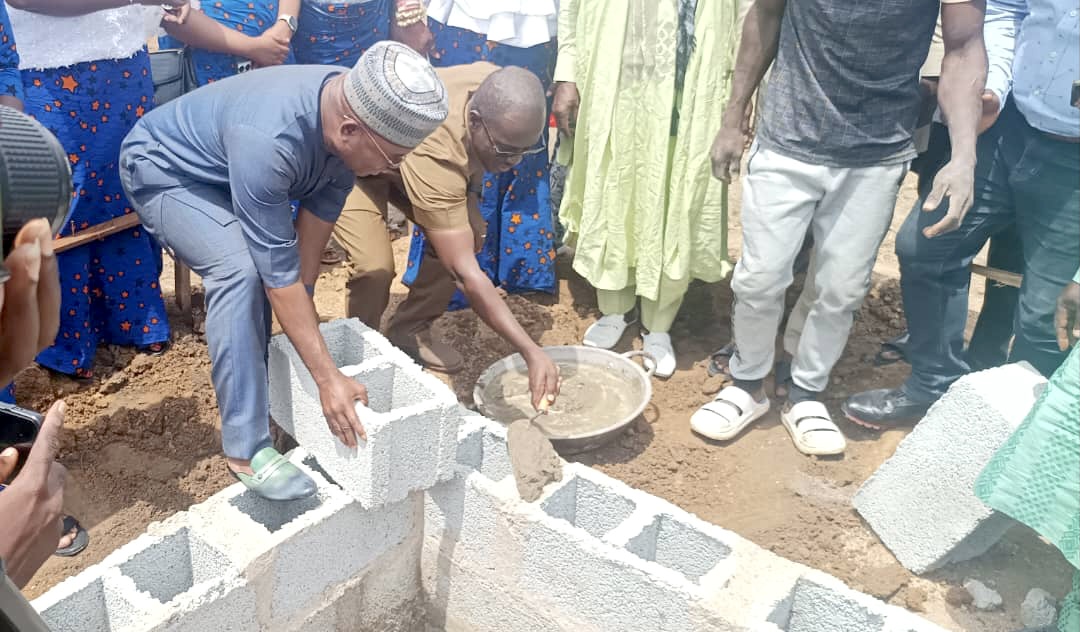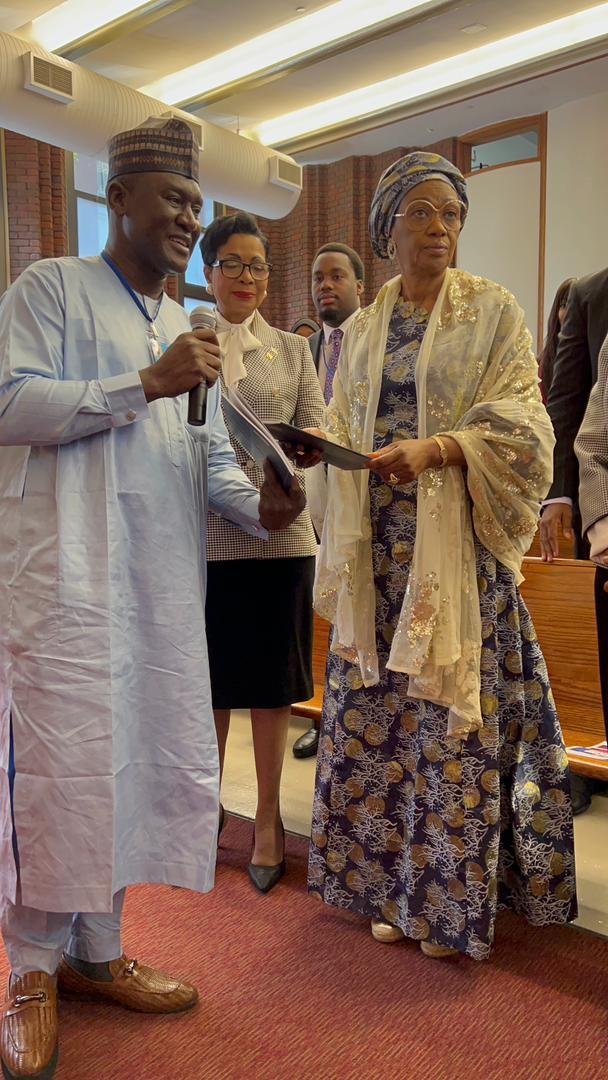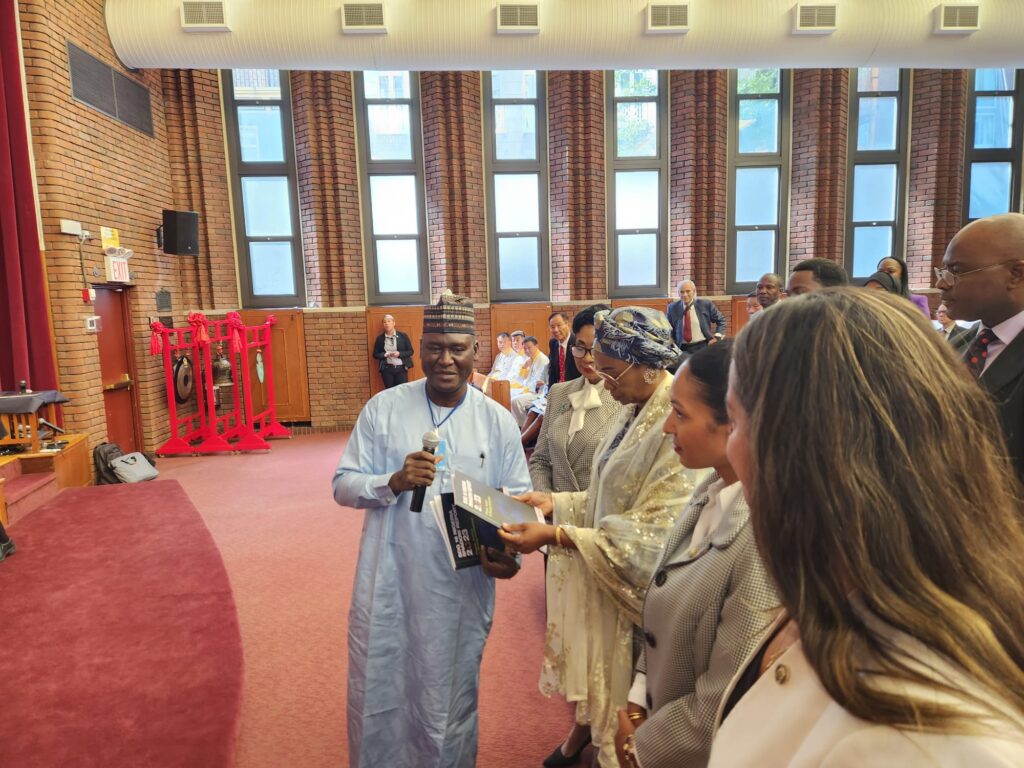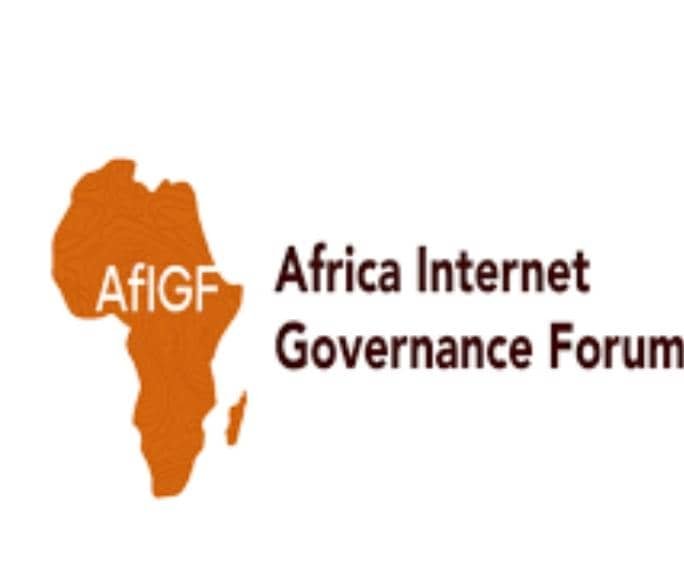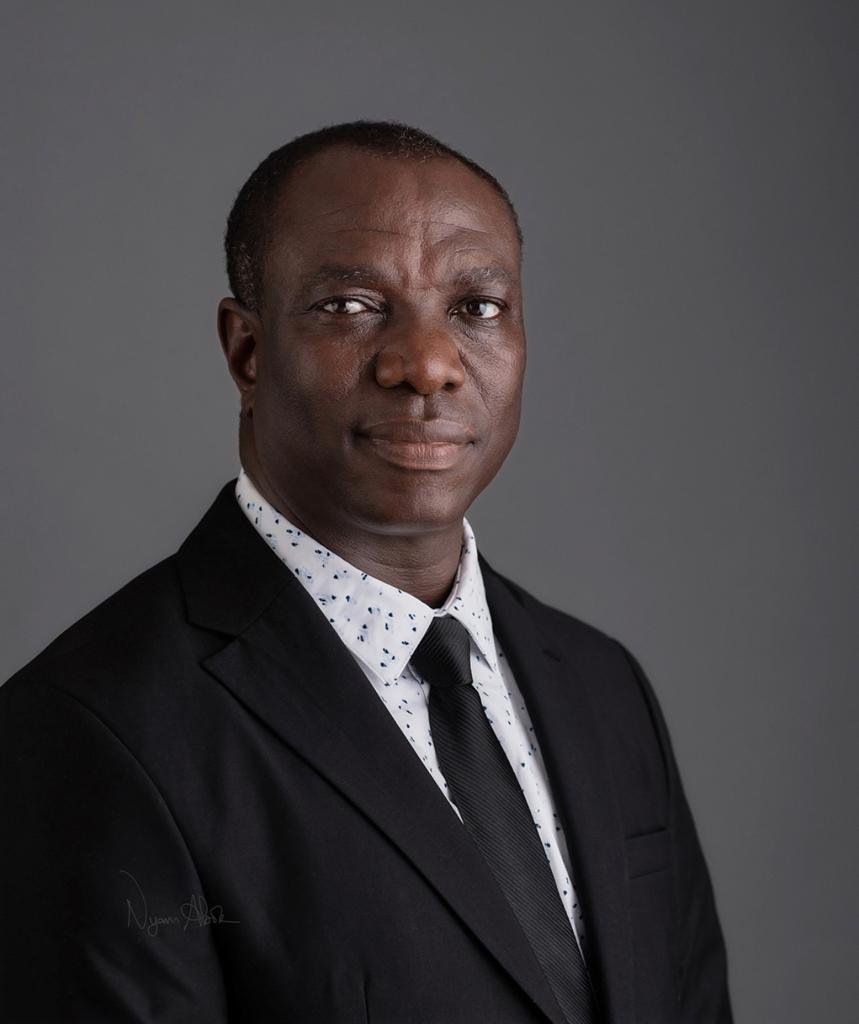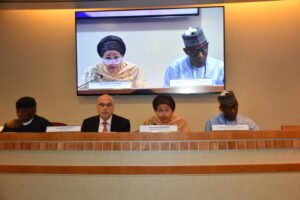By Cecilia Ologunagba
The National Security Adviser of Nigeria, Nuhu Ribadu has called for a stronger partnership with the global community against terrorism in Africa.
Ribadu made the call at the opening of the Preparatory Ministerial-Level Meeting of African Member States on the 2024 African Counter-Terrorism Summit, with the theme “ Strengthening Regional Cooperation and Institutional Building in Adress the Evolving Threat of Terrorism in Africa.’’
The UN correspondent of the News Agency of Nigeria (NAN) reports that the meeting held in New York on the sidelines of the 78th session of the UN General Assembly was to discuss the 2024 Africa Counter-Terrorism Summit slated for Nigeria in April 2024.
“For terrorism to be defeated, we need to see the development of new and strengthened partnerships, both between African member states and between Africa and the rest of the international community, to tackle the threat of terrorism and violent extremism.
“It is in this spirit, that Nigeria and the United Nations Office of Counter-Terrorism (UNOCT) will co-organise the African Counter Terrorism Summit.
“Nigeria is committed to ensuring that the Summit is a success and encourages you to ensure that your leaders are present in Abuja from April 23 to 24, 2024.
“The government looks forward to welcoming you to this important event that will help shape an African-led and African-owned narrative in combating terrorism,’’ he said.
According to him, Nigeria has remained committed to strengthening the rule of law to bring terrorists to justice.
The NSA said that the Terrorism Prevention and Prohibition Act, 2022 had enabled the establishment of two critical institutions, the National Counter Terrorism Centre and the Nigerian Sanctions Committee in Nigeria.
“With partnership from specialised UN agencies and international partners, we continue to strengthen our criminal justice provisions and judicial frameworks to secure the conviction of terrorism offenders.
“The hosting of this strategic event by Nigeria provides an opportunity for us to share our lessons learnt and wealth of Counter-Terrorism experience with other Member States, especially those dealing with the menace of terrorism on a daily basis.
“Terrorism and violent extremism conducive to terrorism pose a persistent and evolving threat to international peace and security.
“The collaborative efforts to combat terrorism must be based on extant regional strategies, coordination mechanisms, and information sharing platforms,’’ he said.
The NSA said it was imperative that the continent strengthen its regional security apparatus by enhancing intelligence capacities, improving border control measures, and investing in the training and equipping of our security forces.
“Additionally, we must focus on building robust legal frameworks that enable effective prosecution of terrorist suspects while ensuring respect for human rights and the rule of law.
“There is also the need to strengthen our institutions to better address the root causes of terrorism.
“Investment in education, job creation, and community development programmes will help to insulate our societies from the influence of extremist ideologies.
“I would also like to emphasise the importance of international cooperation and partnership in our regional fight against terrorism in Africa.
“We therefore call upon our global partners, particularly UNOCT to provide the necessary support to strengthen our capacity to counter terrorism effectively,’’ he said.
In preparing for the Summit, Ribadu said the Member States would embrace an inclusive approach, ensuring the participation of all stakeholders, including regional organisations, civil society groups, the private sector, and international partners.
He said their expertise and perspectives would contribute to the success of the African Counter-Terrorism Summit, which will produce tangible outcomes and concrete recommendations that will guide our future endeavours in the fight against terrorism.

In her remarks, UN Deputy Secretary-General, Ms Amina Mohammed said the UN had launched a joint appeal for counterterrorism in Africa.
Mohammed said that the UN had launched an appeal to mobilise resources for 10 inter-agency flagship initiatives to advance multilateral Action in support of the global counterterrorism strategy across the continent.
The UN chief said that more was needed, noting that Africa needs more resources, strategic and genuine partnerships, and structured support.
“I hope we can leverage the upcoming summit to scale up international regional and sub-regional support for the continent.
“I hope we can commit to putting and seeing gender-responsive strategies at the centre of our preventive strategies,’’ she said.
Also speaking, Amb. Bankole Adeoye, Africa Union Commissioner for Political Affairs, Peace and Security, urged the participants to review the prevailing terrorism threat scenarios in Africa and brainstorm potential solutions.
“Terrorism is alien to Africa, to our culture to our people, but it is threatening our very existence.’’
He said until the continent defects terrorism, it would be difficult to achieve the Sustainable Development Goals. (NAN)
=======
(Edited by Emmanuel Yashim)




